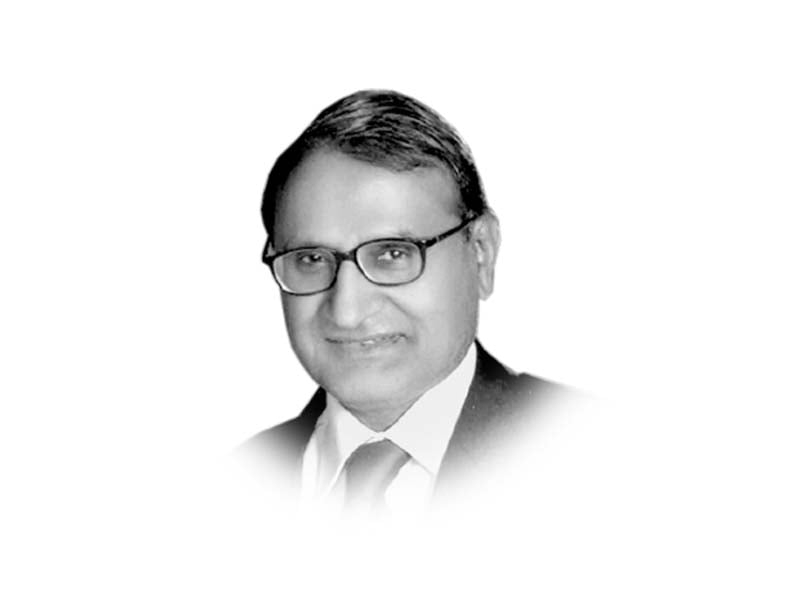
It was amusing to see news headlines declaring education as the top priority in the provincial budgets. For years, this has been so for the simple fact that the education departments are the largest in the provinces. Even without any increase, education will remain a high financial priority. The critical issue is whether the allocations bring the sector any closer to the realisation of the dream of Article 25-A of “free and compulsory education to all children of the age of five to 16 years.” In Punjab, education is the largest sector with a share of 23%, but receives the lowest increase of 12.9% among the five major increases. Sindh also earmarked 23% of the budget for education, but it is the second largest allocation. The increase of 14.2%, is lower than most other sectors. Balochistan allocated 15.5% of the total budget to education, the lowest for any province. K-P leads with a share of 26.7% for education in its budget. School education gets the largest increase of 24%. Across provinces, higher education invariably enjoys greater acceleration than school education.
Spending matters. Even with the largest share going to education, K-P, including the merged districts, has 32% children out of school, lower than Sindh’s 44% and Balochistan’s 46%. With 24% out-of-school children, Punjab is ahead of other provinces. Given the current allocation pattern, it will soon lose out to K-P. That said, even the K-P acceleration is too slow to reach Article 25-A in a reasonable length of time. Greater spending and reform have to go together. “The focus and guiding force should be what is most important for the child — the millions of children who are not in school and just as many who are not receiving quality education.” This is the finding of Amjad Noorani and Nadeem Hussain in their book just published by Oxford University Press, Agents of Change. It tells the fascinating story of the value added by The Citizens Foundation (TCF) schools and some similar nongovernment initiatives. The “agents of change” are a set of individuals engaged in transforming education in various capacities. It is an important addition to the current debate on the single national curriculum. There is an insightful discussion on how to fix the problematic education system, the right to education, the appropriate way to deal with the madrasas and the essentials of reform. Also included are valuable contributions by Irfan Muzaffar on politics of education and Anjum Altaf on social, political and economic imperatives of education.
In the sea of out-of-school children, successful institutions are, in the words of one of the agents of change interviewed in the book, “islands of excellence.” The message is to leave the sea alone for its vastness and focus on incremental creation of such islands. Without detracting from the valuable contribution made and the dedication of their creators, it must be understood that the state cannot be allowed to abdicate its responsibility to create a GRAND ISLAND for all school-aged children enjoying quality education. In the provincial budgets just passed by the respective assemblies, the right to education is no game changer. The bottom up approach in the federal budget will be unsustainable without hot pursuit of education for all by the provincial governments. As the book comes round to warn: “The status quo is worrisome for the country’s future — and the need for comprehensive reform is urgent. We are all complicit either by action or inaction, in giving rise to substandard public education in favour of the inequitable private education.”
Published in The Express Tribune, July 9th, 2021.
Like Opinion & Editorial on Facebook, follow @ETOpEd on Twitter to receive all updates on all our daily pieces.

1732071267-0/lana-(2)1732071267-0-405x300.webp)
1727242355-0/Diddy-(1)1727242355-0-165x106.webp)

1732063440-0/elon-(3)1732063440-0-165x106.webp)







COMMENTS
Comments are moderated and generally will be posted if they are on-topic and not abusive.
For more information, please see our Comments FAQ